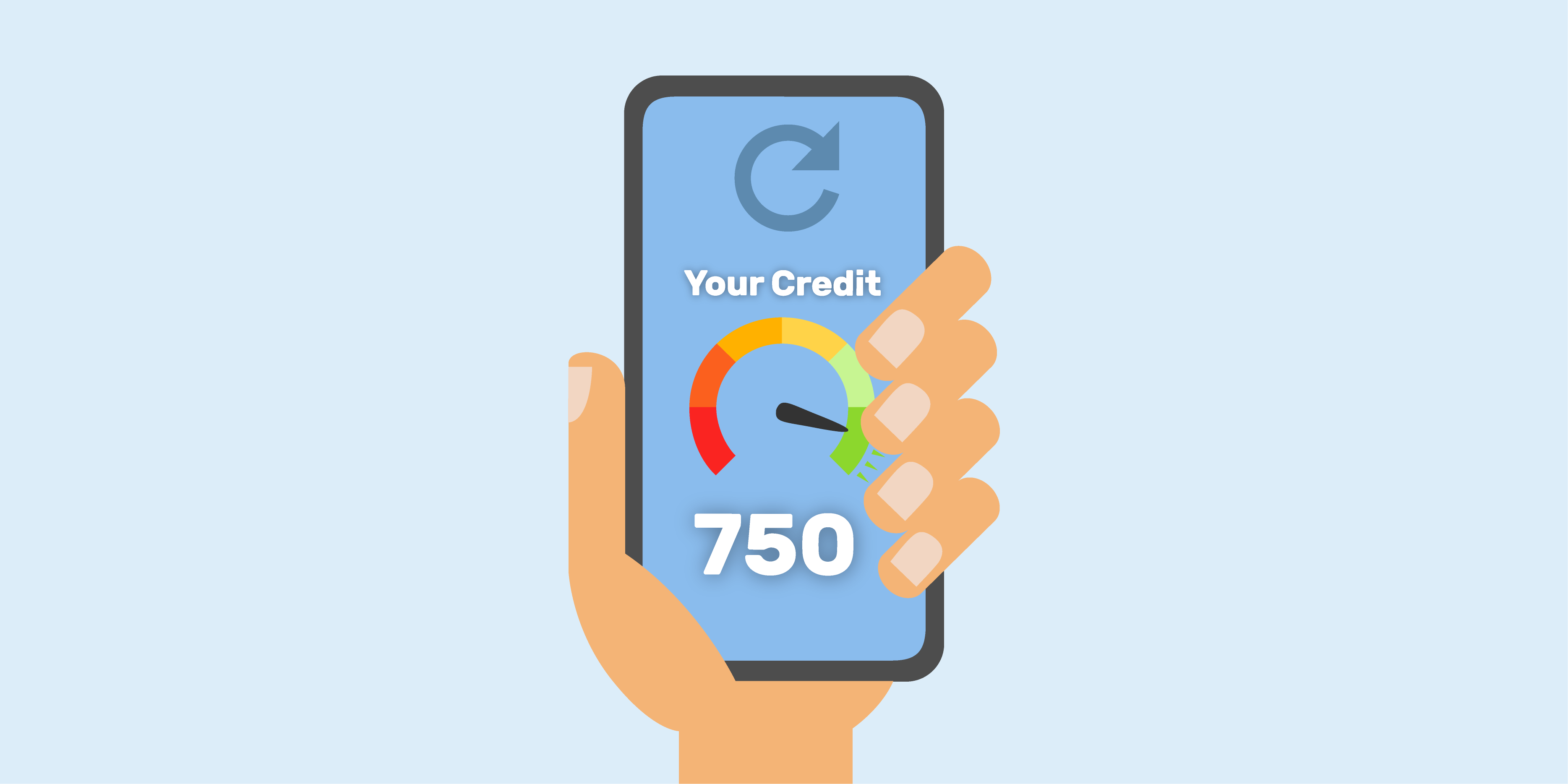Checking Your Credit Reports
Credit Education , Credit Report , Credit ScoreRentReporters
April 15, 2021
5 mins read

One of the most important things you can do to protect your credit – especially now – is to check your report regularly. Equifax, Experian and TransUnion are making every consumer’s personal credit report available for FREE on a weekly basis through April 2021. To get a free copy of your report just go to https://www.annualcreditreport.com. Once you get your report, then what?
What should you check for?
Review for accuracy.
First, ensure that all your personal information is accurate. If you find any discrepancies be sure to contact the credit bureaus right away to request the changes that need to be made.
Second, review the activity on your report — loans and payment history, as well as any applications for a loan or credit card that you have submitted — and make sure everything is correct. If you spot any errors, you’ll need to contact the company that reported the payment or application activity to make sure they fix it.
How can you file a dispute
If you find an error on your report that results in a dispute with the company reporting it, you need to file a dispute claim with one of the credit bureaus right away. The credit bureau will take steps to resolve the issue if you’re able to provide documentation of your claim. More information about how to file a dispute is available at the Federal Trade Commission’s Consumer Information website, and the Consumer Financial Protection Bureau’s website.
To file a dispute with any of the three credit reporting agencies, the websites to visit are:
- Equifax – www.equifax.com/CreditReportAssistance
- Experian – www.experian.com/acrdispute
- TransUnion – https://dispute.transunion.com

Take Our FREE Credit Literacy Quiz!
In just a few minutes, discover your credit knowledge level and get instant access to a FREE credit education course tailored to you!
What you do if you find suspicious activity on your report
Fraudulent scams and identity theft are unfortunately a common problem in our society, especially now. Covid-19 scams are widespread — fake stimulus checks, credit card scams, phishing schemes and more. In addition to looking for red flags on your credit report, be extra cautious about clicking on suspicious links, and check the source of information and website links you receive.
If you think you might be a victim of fraud, there are a few things you can do.
Request a credit freeze.
First, contact any one of the three credit agencies – Equifax, Experian or TransUnion — and ask them to temporarily freeze your credit to prevent further activity. This is something you can request even if you don’t see suspicious activity to proactively protect yourself. However, be aware that if you are trying to apply for a loan or open a new account of any kind, you’ll be unable to do so until the freeze is removed.
Set up a fraud alert.
Another option is to ask any one of the three agencies to set up a fraud alert so that any new activity in your name, such as applying for a loan or credit card, will automatically generate an alert. This is a simple step you can take to ensure you are aware if someone is using your identity to borrow money, for example.
Take action if your identity has been stolen.
If you think your identity has been stolen, there are a number of websites with information and resources to help you:
https://www.annualcreditreport.com/protectYourIdentity.action
https://www.consumer.gov/articles/1015-avoiding-identity-theft
https://www.consumerfinance.gov/ask-cfpb/what-is-identity-theft-en-1243/
Take extra precautions.
Staying informed is one of the most valuable steps you can take. Sign up to receive scam alerts from the Federal Trade Commission (FTC), and check the FTC’s Consumer Information website, which has a number of additional steps you can take to protect yourself from fraudulent scams.


